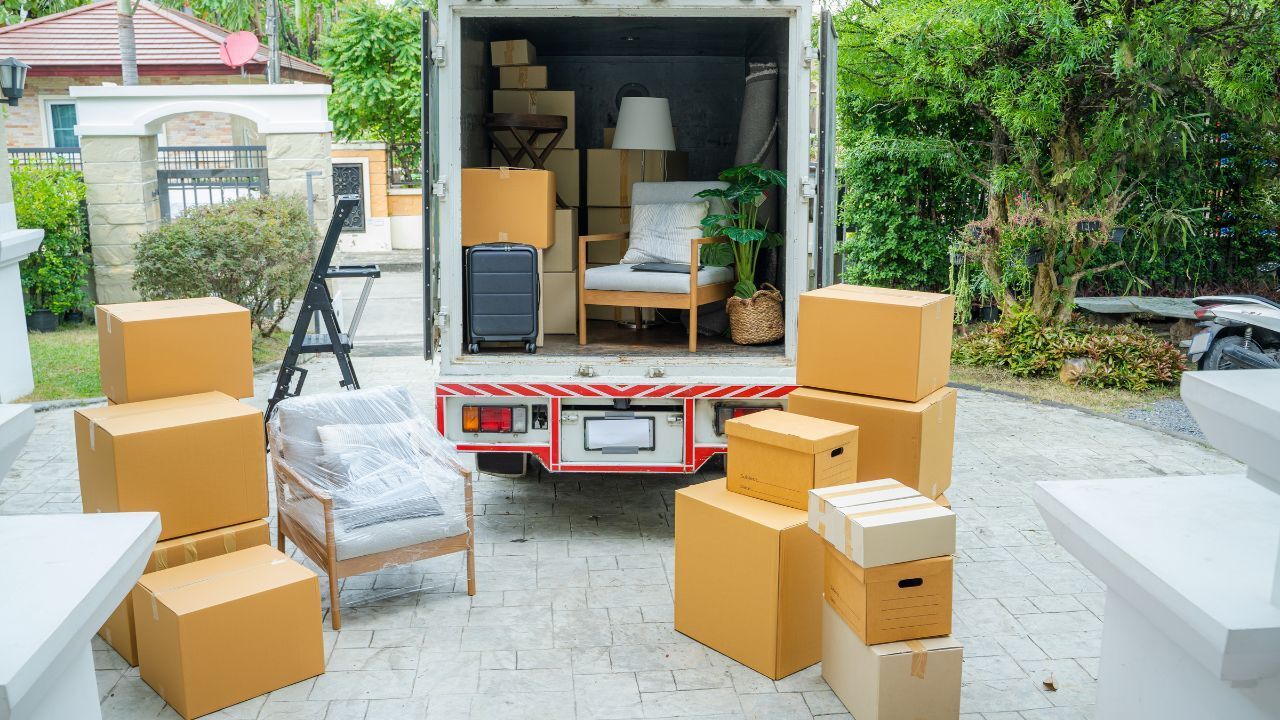 When buying a home, location is often cited as the most important factor. One element of location that has gained attention is walkability. Walkability scores measure how easy it is to access amenities like grocery stores, restaurants, schools, and parks by walking. Understanding walkability can help buyers evaluate lifestyle benefits and potential resale value.
When buying a home, location is often cited as the most important factor. One element of location that has gained attention is walkability. Walkability scores measure how easy it is to access amenities like grocery stores, restaurants, schools, and parks by walking. Understanding walkability can help buyers evaluate lifestyle benefits and potential resale value.
What a Walkability Score Means
Walkability scores typically range from zero to one hundred, with higher scores indicating more pedestrian-friendly areas. A high score often correlates with convenience, accessibility, and vibrant community life. Buyers value neighborhoods where daily errands can be accomplished on foot, which can influence demand and property appreciation over time.
Impact on Home Value
Homes in highly walkable areas often command higher prices because of increased demand. Walkable neighborhoods tend to attract professionals, young families, and retirees who prioritize convenience and lifestyle. Properties in these areas can see stronger long-term value appreciation and may sell faster than homes in less accessible locations.
Lifestyle Considerations
Walkability is not only about convenience but also about quality of life. Areas with high walkability encourage physical activity, reduce commuting stress, and foster social connections with neighbors. For buyers, considering walkability helps ensure that their chosen home aligns with their daily routines and lifestyle preferences.
Resale and Investment Potential
For investors or buyers considering future resale, walkability can be a key selling point. Even in changing markets, properties in walkable neighborhoods often retain value better and attract a wider pool of potential buyers. Understanding local amenities and pedestrian-friendly infrastructure is crucial for assessing long-term investment potential.
How to Evaluate Walkability
Several online tools provide walkability scores and detailed breakdowns of nearby amenities. Buyers can also visit neighborhoods on foot to get a firsthand sense of accessibility, safety, and convenience. Combining digital data with personal observation ensures a well-rounded evaluation.
Considering walkability when choosing a home can influence lifestyle satisfaction, property value, and long-term investment outcomes. Buyers who prioritize pedestrian-friendly neighborhoods may enjoy both convenience and financial benefits over time.
 Buying a home can be stressful, especially in competitive markets. Knowing when a seller is motivated to sell can give you a strategic edge, allowing you to make offers that are more likely to be accepted while potentially saving money. Understanding the signs of a motivated seller and how to approach the situation can help buyers navigate negotiations confidently.
Buying a home can be stressful, especially in competitive markets. Knowing when a seller is motivated to sell can give you a strategic edge, allowing you to make offers that are more likely to be accepted while potentially saving money. Understanding the signs of a motivated seller and how to approach the situation can help buyers navigate negotiations confidently. When you are planning to buy a home, there is one number that should never be overlooked: property taxes.
When you are planning to buy a home, there is one number that should never be overlooked: property taxes. In today’s competitive real estate market, many buyers are faced with the challenge of competing against cash offers. Cash buyers often have an advantage because their offers are faster, less likely to fall through, and more attractive to sellers. However, not having cash on hand does not mean you cannot succeed. With the right strategies and preparation, you can compete effectively and win your dream home.
In today’s competitive real estate market, many buyers are faced with the challenge of competing against cash offers. Cash buyers often have an advantage because their offers are faster, less likely to fall through, and more attractive to sellers. However, not having cash on hand does not mean you cannot succeed. With the right strategies and preparation, you can compete effectively and win your dream home. Touring homes is one of the most exciting parts of the homebuying process. But it’s easy to get caught up in the moment, beautiful staging, new finishes, or fresh paint can sometimes distract from more important details. That’s why having a checklist is essential.
Touring homes is one of the most exciting parts of the homebuying process. But it’s easy to get caught up in the moment, beautiful staging, new finishes, or fresh paint can sometimes distract from more important details. That’s why having a checklist is essential. Moving into a new home is exciting, but it can also come with unexpected expenses that quickly add up. Between packing supplies, transportation, and time off work, costs can spiral before you even settle in. But with a bit of planning and resourcefulness, you can cut down on unnecessary spending and keep more cash in your pocket.
Moving into a new home is exciting, but it can also come with unexpected expenses that quickly add up. Between packing supplies, transportation, and time off work, costs can spiral before you even settle in. But with a bit of planning and resourcefulness, you can cut down on unnecessary spending and keep more cash in your pocket.